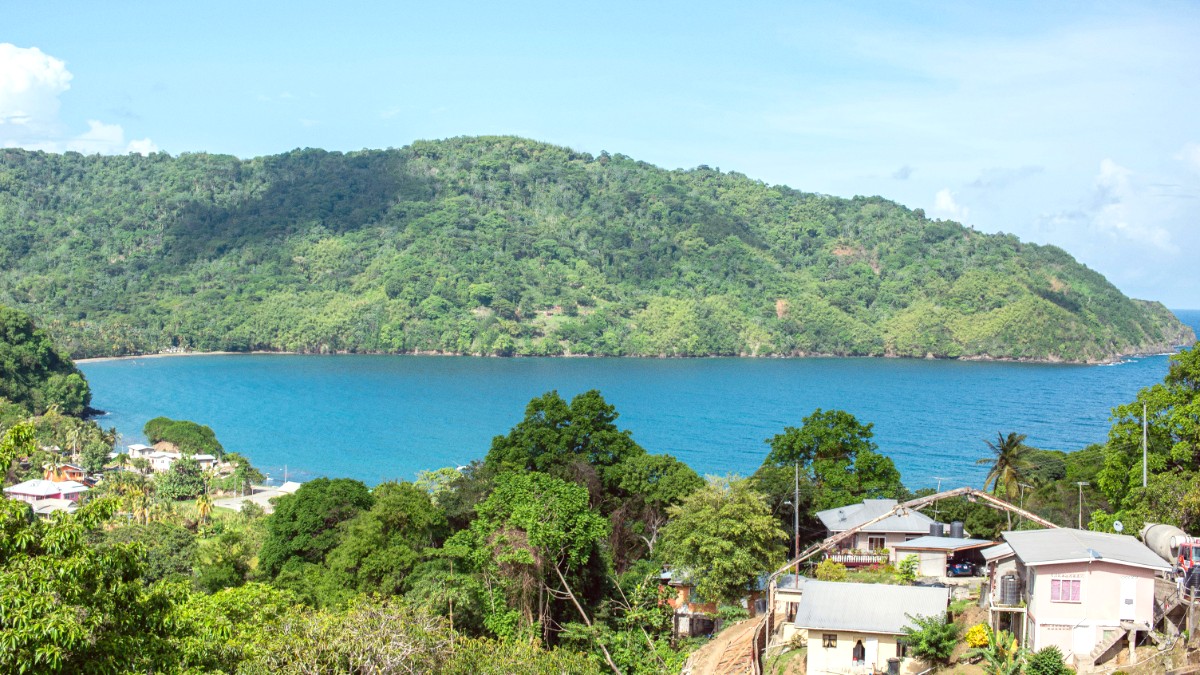
Trinidad And Tobago
Local SIM cards are available from Digicel and bmobile at the airport or official stores. A passport is necessary for registration.
Wi-Fi is widely available in hotels, guesthouses, cafes, and restaurants, often free for customers. Mobile data coverage is generally good in populated areas.
English is the official language and universally understood. Trinidadian Creole English is spoken informally, but language barriers are minimal. For those interested in cultural immersion, language learning platforms like Rosetta Stone enhance communication.
The Trinidad and Tobago Postal Corporation (TTPost) operates postal services. Post offices are in major towns, suitable for sending mail or packages.
English is widely spoken across Trinidad. Learning a few local phrases further enriches your interactions.
Understand typical operating hours to plan your days effectively.
Generally open Monday to Thursday from 8 AM to 2 PM, and Friday from 8 AM to 1 PM, then 3 PM to 5 PM.
Most shops operate Monday to Saturday from 9 AM to 5 PM. Some open later, especially in shopping malls. Many shops close early on Saturdays and remain closed on Sundays.
Typically open Monday to Friday from 8 AM to 4 PM.
Services might be limited or closed on public holidays. Plan accordingly if your trip aligns with these times.
Lunch service usually begins around 12 PM, and dinner service from 6 PM, with varying closing times depending on the establishment.
Familiarity with local business hours and public holidays assists daily planning. Many services operate on a relaxed schedule outside peak times.
Engage with Trinidad's diverse culture respectfully.
A friendly "Good morning," "Good afternoon," or "Good evening" is common and appreciated. Handshakes are typical for introductions. Dress is generally casual. Respectful attire (covered shoulders and knees) applies when visiting religious sites.
Always ask for permission before photographing individuals, especially children. Be mindful of privacy. Some religious sites or private properties have photography restrictions; look for signs or inquire.
Avoid discussing politics or religion unless a local person invites you into the conversation. Respect local customs and traditions, even if they differ from your own.
Traditional gender roles exist, but Trinidad is progressive by Caribbean standards. Women travel safely, though common sense precautions apply. Public displays of affection are generally not common for same-sex couples.
Trinidadians appreciate polite and considerate interactions.
Infrastructure for travelers with mobility challenges is limited in Trinidad.
Many older buildings lack ramps or elevators. Sidewalks can be uneven or obstructed, complicating navigation for wheelchair users or those with limited mobility.
Limited specific resources or organizations focusing on tourist accessibility exist. Careful itinerary planning, focusing on explicitly accessible locations, is advisable.
While accessibility infrastructure in Trinidad develops, careful planning and direct communication with establishments contribute to a smoother experience.